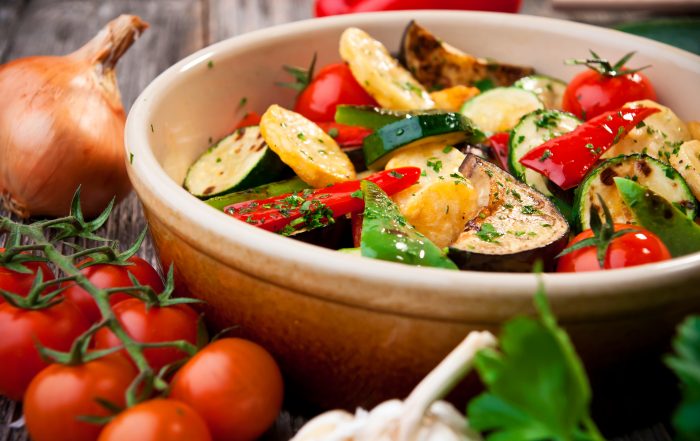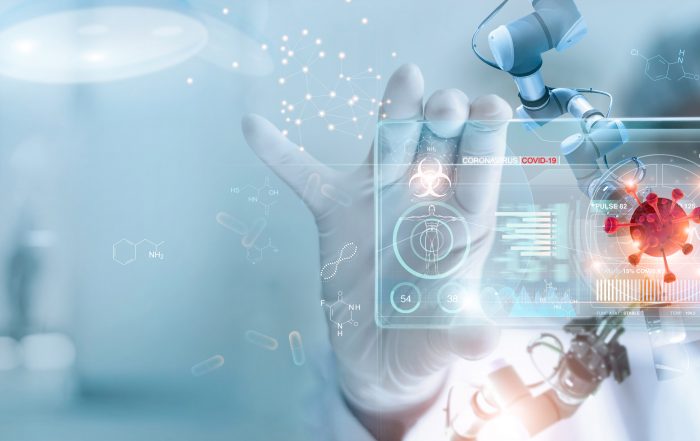Let’s take a closer look at some beneficial nutrients:
Energy – of course ingesting adequate energy is paramount. What is our natural source of energy? Carbohydrate. Moderate (seldom large) amounts of slow to release (‘Low GI’) carbohydrates, carefully distributed during the day, may prove helpful in some individuals. Good sources include: Fresh fruits like berries, bananas and citrus, oats (porridge), Basmati rice, Quinoa (a very ‘fashionable’ gluten-free grain), sweet potato and dark heavy wholegrain breads.
Carbs in the correct form, volume and distribution, are sometimes needed in preventing hypos (unnecessary drops in blood glucose levels) which, like under-hydration, I would argue could certainly exacerbate or precipitate an anxious state. A dietitian could assist in both portion control and carbohydrate distribution.
Protein sources are also important to ingest. Protein contributes to alertness and also helps reduce the GI of the meal – meaning more slowly released energy from food and sustained body energy levels. Protein foods include eggs, seafood, legumes and meats.
Do we need fat? Yes! Some oils like omega 3 oils found in fatty fish (incl. sardines, salmon, trout, mackerel) as well as Walnuts and Flaxseed oil, may be beneficial to patients suffering with depression, among its many other therapeutic properties such as cardio protective effects. Oils and fats are also essential in the body’s production of hormones .
Note: It is worthwhile noting that many herbal remedies interact with conventional medicines, so if you do choose to trial a herbal or natural remedy, ask your pharmacist to check for potential drug – nutrient interactions. Many of the remedies available are not based on robust scientific evidence.
Remember these simple basic steps too: don’t skip meals, drink water throughout the day, avoid too much coffee and alcohol, and enjoy a clean fresh unprocessed style of eating – eat your veggies and cut down on junk food.
Start your Journey with Mark
My Top Three Super-Foods
Tomatoes are rich in the carotenoid antioxidant Lycopene which is one of the most well studied nutrients in the prevention of prostate cancer and other illnesses. Nutrition Tip: Cooking the tomato in extra virgin [...]
Vitamin D and Health in 2020
Vitamin D, which we get primarily through the action of UV sunlight on our skin, is a critical vitamin. We need it for bone integrity, muscle function (including cardiac muscle) and IMMUNITY, and who does [...]
Covid-19 and Metabolic Syndrome in 2020
Although Type 2 Diabetes has a genetic predisposition, there would be millions of examples around the globe of preventable diabetes, also knows as the syndrome pre-diabetes, How does diabetes tie in with Covid-19 (cv19), the [...]





